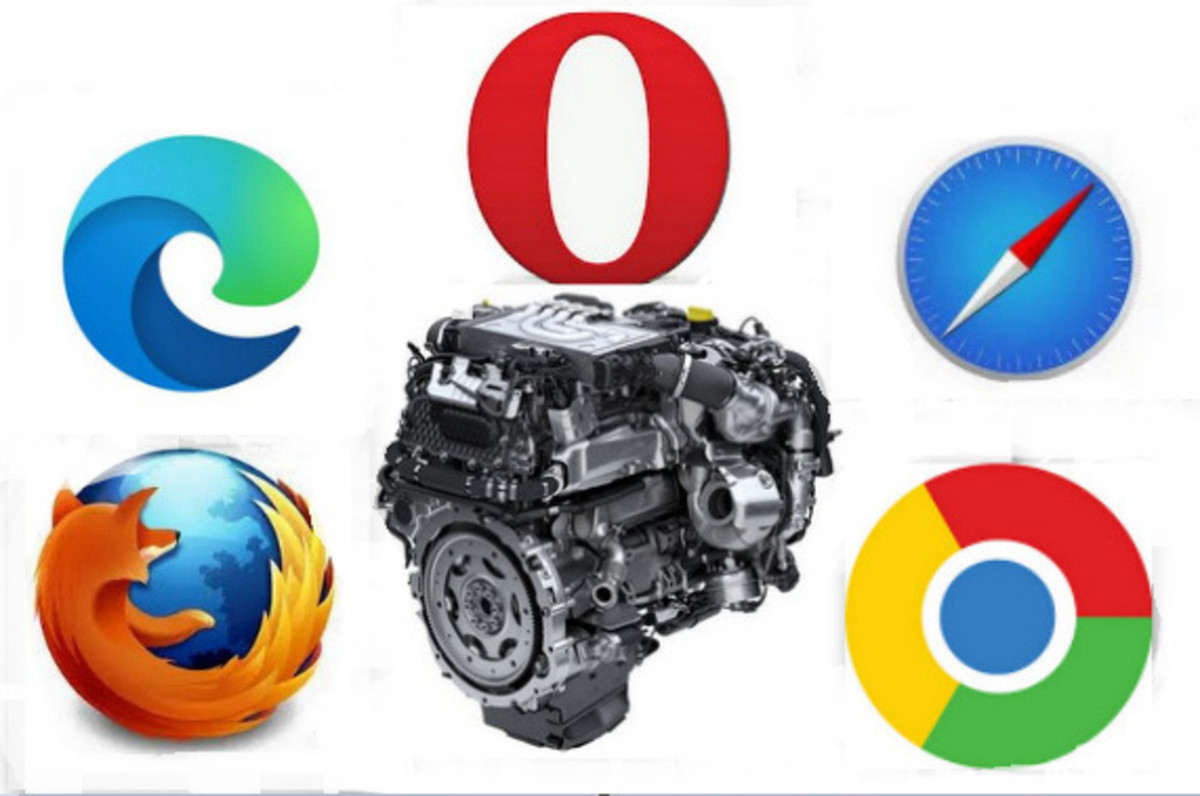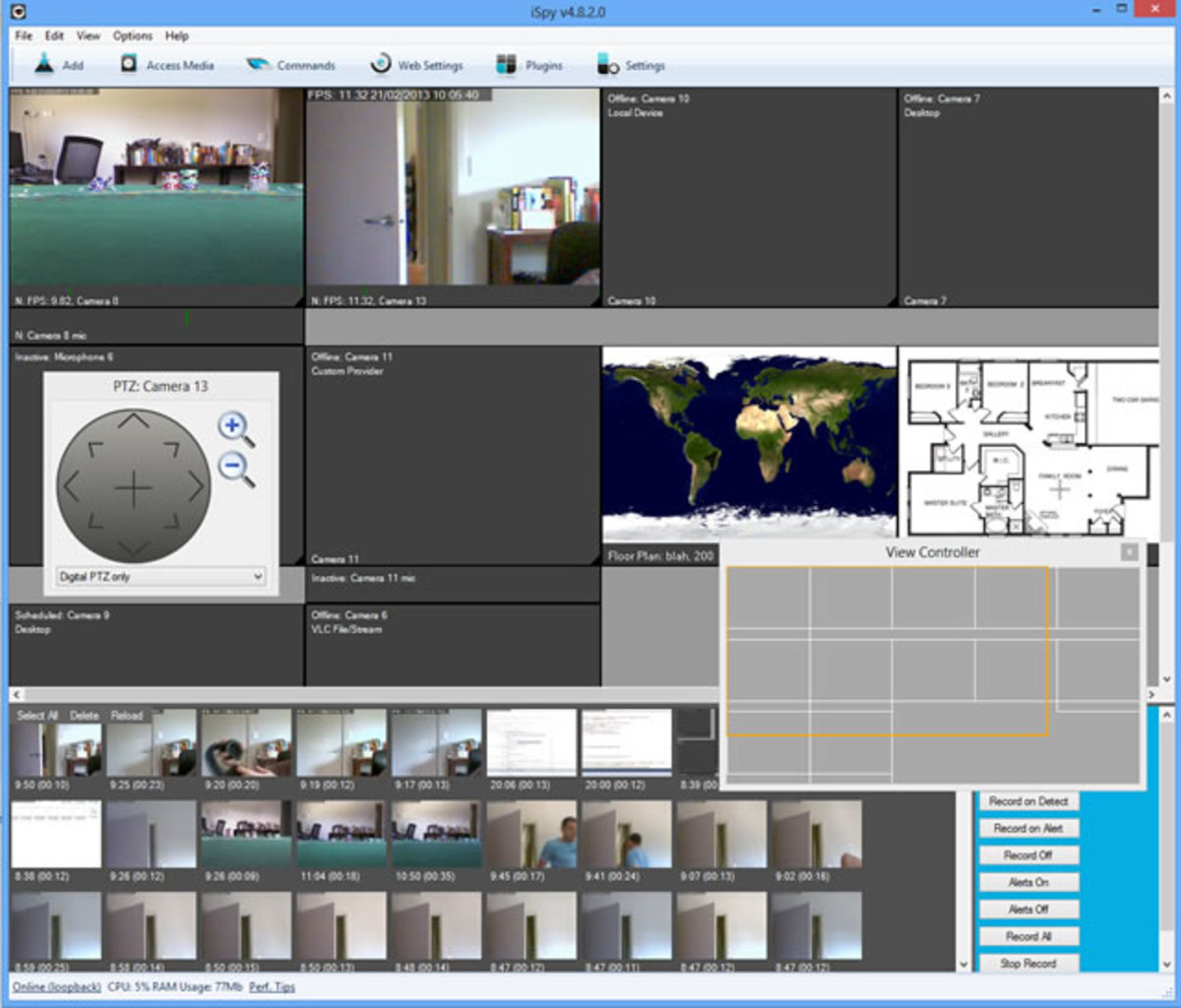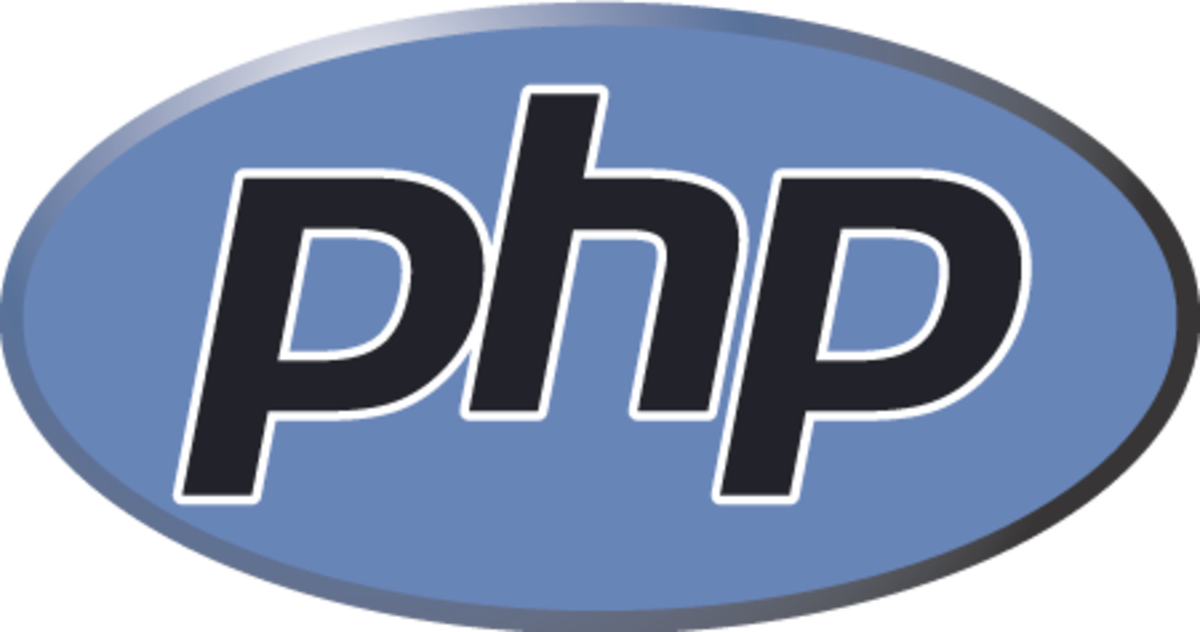- HubPages»
- Technology»
- Computers & Software»
- Computer Software
Livemocha Review

How It Stacked Up
Over the past month or so, I have been using Livemocha fairly regularly to compare to other language learning software on the market, most notably Rosetta Stone. Since I've now reviewed for my own uses several different programs, I thought it was time to let others in on what I learned.
Cost
Because this is one of the major items people look at when determining if a product is worth it. Of course, if it doesn't teach you the language you want, it doesn't matter the price. The initial cost is absolutely free, and you can continue to use Livemocha for free as long as you want. How do they make money then, you ask? Well, they have an interesting "pay if you want" system that allows you to purchase other courses or advanced features in the course you're already taking. What is interesting is that you may either pay real dollars for these coins, or you can perform many different tasks that help other people learn in order to earn the coins as well. If you're really helpful, you'll never have to pay a dime and you'll still have unlimited access to the entire site. This is the route I go, and I haven't paid anything out of pocket yet.
What can you pay for? Well, you can pay for separate courses, private tutoring, downloadable content and much more. Like I said before, you can get all of these things just by reviewing the work of others.
How Does Livemocha Work
Livemocha is a pseudo-immersion program. Once you've selected a course, you're first presented with new vocabulary with a picture above it. After you've seen the 40 new slides, you review them by either clicking the correct picture to the voice prompt or written prompt or you click the "magnet" words in the proper order for sentence vocabulary when things get more advanced. After that, you're given a writing assignment, and this is where Livemocha becomes unique. When you submit your writing assignment, native users of that language are able to review your work and provide feedback to you. They earn coins for doing this so that they may unlock other features as well in their quest to learn a new language. The feedback in my course is nearly instantaneous because there are so many Spanish speaking users out there, and I'm in the beginning lessons. You are also given the option to review users' English work and provide feedback in order to earn coins. This makes the site turn, so I'm always willing to help out and leave the most useful reviews. After your written assignment, there is a verbal assignment where you record yourself reading a phrase, paragraph or dialogue. Your recording is then reviewed and you get feedback on your pronunciation. This has been muy bueno for me.
How Does Livemocha Stack Up Against Rosetta Stone?
Livemocha has its advantages and disadvantages compared to Rosetta Stone. First, the feedback from native users of the language is one of the highlights of this approach. Rosetta Stone cannot compete with that; however, Rosetta Stone has the capability of telling you if you're pronouncing things properly as you say them. Assuming you have a good microphone and not a lot of background noise (My window AC unit made it so I said every word wrong), that feature of Rosetta Stone was unmatched by Livemocha. The way their programs work are very similar. They start in roughly the same spot and both have their fair share of frustrations when it comes to understanding why you're saying what you are, but that's immersion for you. I think the points aspect of Livemocha helps make it a game and makes you want to come back, but Rosetta Stone's image gallery is far more professional looking.
Another interesting aspect is that Livemocha is online, so I can access it from anywhere. With Rosetta Stone, I had two separate installs on my laptop and my desktop, which meant I had to remember where I was in the course. I could have fixed this by saving my files on a network drive or something like that, but it was a slight pain.
Which Would You Choose?
As I'm sure everyone is aware, Rosetta Stone is very expensive. For that reason, I definitely choose Livemocha if I hadn't already bought Rosetta Stone. Even after buying Rosetta Stone, I think I'm going to stick with Livemocha because of the better feedback from real people and the community interaction. I already have 2 friends! There's also a chat feature that allows you to converse with native speakers in that language, so once I get more advanced, I'm eager to try that out. All in all, I find the learning process on Livemocha to be more enjoyable. It probably isn't any faster, but it certainly feels faster because it moves around and I keep doing different things, and that allows me to learn for longer. For my problem words, I will most likely go back to Rosetta Stone just to practice saying those words over and over again. Livemocha does have speaking and writing practice beyond just the course, but I'd have to submit a new paragraph or so each time I practice opposed to the immediate feedback for each word on Rosetta Stone.
I hope this review was helpful, and feel free to try to find me if you join Livemocha. I want to hear and see everyone learn at least a second language. I'm on my third myself.







